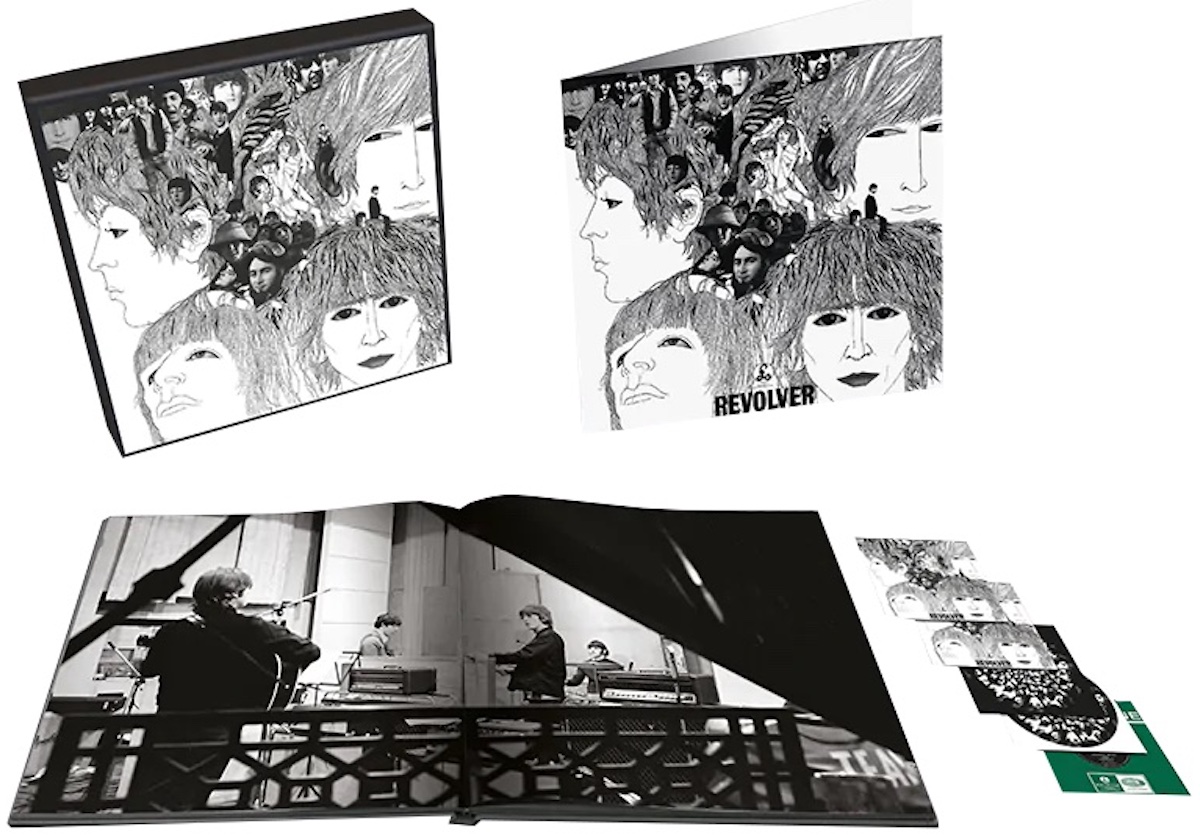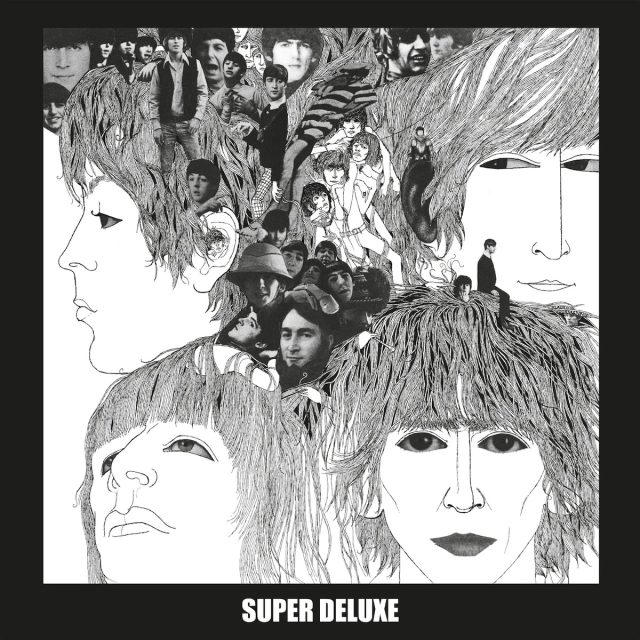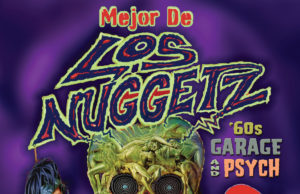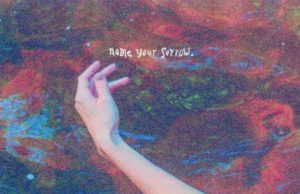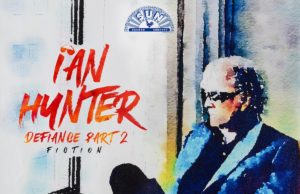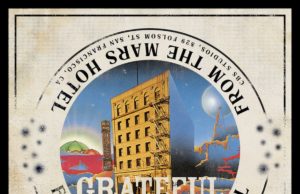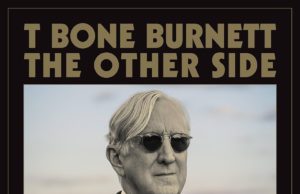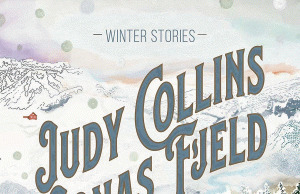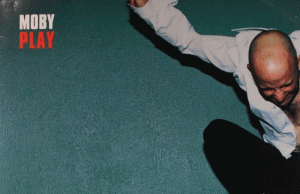 Who wouldn’t want to be Giles Martin?
Who wouldn’t want to be Giles Martin?
For a quarter century, the son of legendary Beatles producer George Martin has had the job of remixing their albums using modern methods, technology and know-how, with the original tapes as source material. The other key ingredient in these new remixes? Respect. Giles never wildly alters anything, just brightens some of the corners and improves the overall sound by remixing the songs not reworking the songs. It’s the same vision, just sonically better.
Giles gets to use the very same tapes The Beatles and his father first cracked open while brand new, spooled them onto the BTR four-track machines, and began laying down tracks for the next single or album. To date, Giles has remixed Yellow Submarine, Sgt. Pepper, The White Album, Abbey Road, Let It Be — and now Revolver. So, that means with Revolver, he’s now remixed Yellow Submarine, Eleanor Rigby and Love You To twice.
For many, myself included, Revolver is the best and certainly the most consistent Beatles album. The last album recorded while they were still a touring band, this is the first with songs that simply couldn’t be performed live. It marks the first big move towards being the most creative recording artists on the planet. It also is a banger of an album — The Beatles at the top of their game as musicians, vocalists and songwriters. Not only that, there is also a greater attention given to the technical side of things. The elder Martin and engineer Geoff Emerick really put on a show with how creative they could be as they strove to find new ways to capture the sounds, even those The Beatles imagined in their heads.
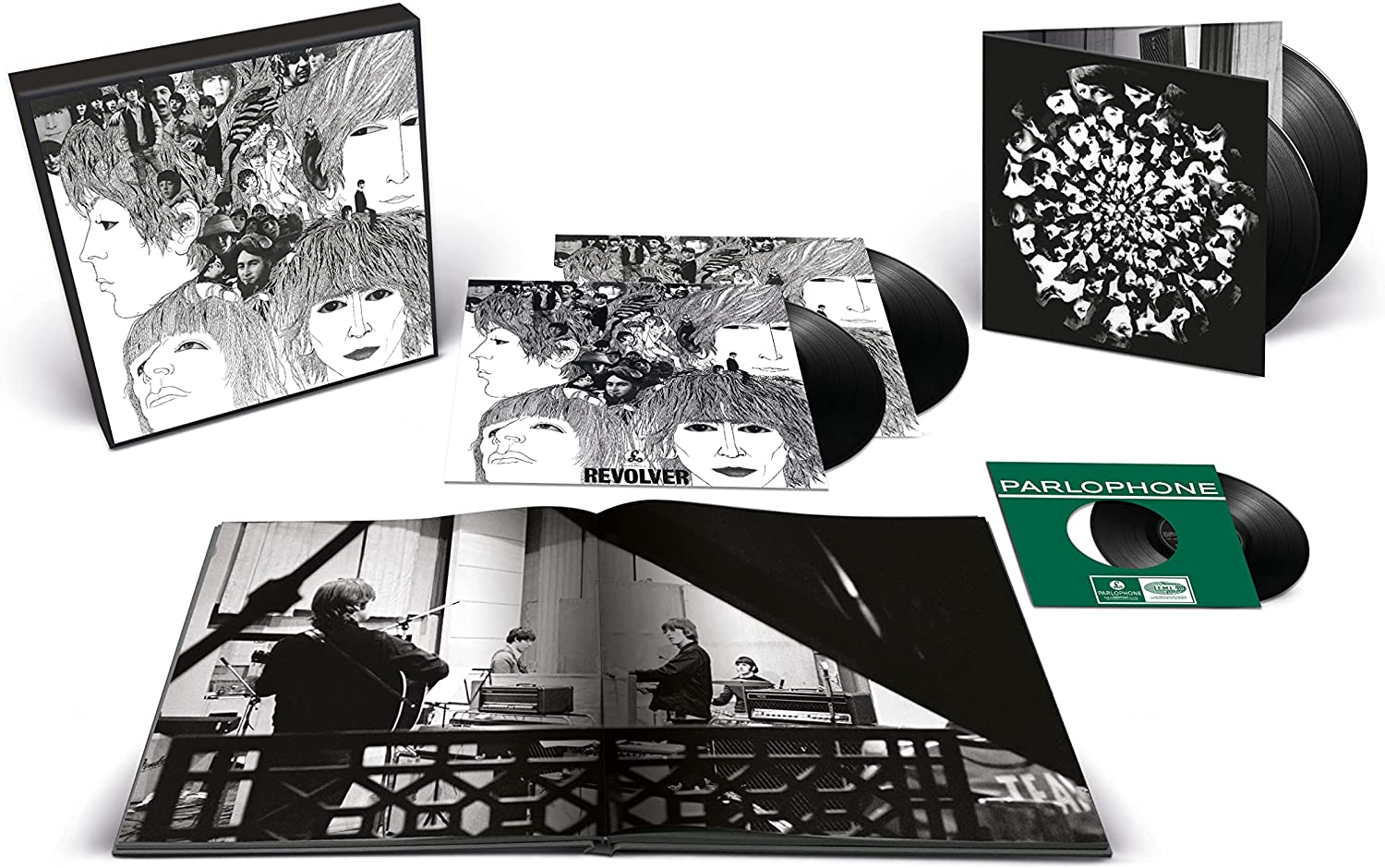
For example, when John Lennon said he wanted his Tomorrow Never Knows vocal to sound like “the Dalai Lama singing on a mountaintop, 25 miles away from the studio,” Emerick and Martin made this happen via the invention (by EMI engineer Ken Townsend) of artificial double tracking (ADT) and putting the vocal through a rotating Leslie speaker cabinet. ADT works by copying a vocal part onto a second tape machine which has a variable speed control. Changing the speed of the second machine during playback introduces a delay between the original vocal and the second recording of it, giving the effect of double tracking without having to sing the part twice, something Lennon hated doing. Pretty much every song on Revolver has ADT.
Revolver also has The Beatles’ first use of samples — on Yellow Submarine. The sessions produced the song Rain, used as the flipside of Paperback Writer. Rain is the first song to use backwards vocals. There is a full-on Indian song, Love You To, which is essentially George Harrison’s Yesterday in that he’s the only Beatle on it.
Tomorrow Never Knows is the first use of musique concrete in pop — several snippets of random sounds, made into loops, played simultaneously on a bunch of different machines and connected to the main mixing console so that the loops could be faded in and out like an instrument. This means the loops were performed like an instrument for the recording, and would technically never be the same way twice.
Paul McCartney’s bass sound suddenly got huge on Revolver. He had already switched to a Rickenbacker in the studio on Rubber Soul, but now Martin and Emerick decided to rewire a speaker backwards to use its cone as a microphone. The results are quite dramatic if you compare Got To Get You Into My Life with something like She’s A Woman.
Then there’s all the close-mic stuff — putting microphones right up to the strings of classical instruments, right on the bell of brass instruments and closer to the drums than ever before. All this creates sounds never quite heard before on record, and — goddamn — did they ever have some excellent songs to do it with: Taxman, Eleanor Rigby, And Your Bird Can Sing, She Said She Said, Tomorrow Never Knows, Yellow Submarine, Got To Get You Into My Life, Rain, Paperback Writer, Good Day Sunshine, Here There and Everywhere and I’m Only Sleeping (to name a few from the Revolver effort).
That really is key — studio brilliance will only take you so far. You got to have great songs, and these really are the best batch the boys ever created for a single project.
The new remix is available in different packages, depending on your budget or obsessive nature. I got the deluxe 4 LP box, which comes with an LP of the remixed album in mono, an LP of the remixed album in stereo, a double album of outtakes called Revolver Sessions, a beautiful hardcover book and a 7″ of Paperback Writer/Rain. It was $275 plus tax, but an LP of the new stereo mix can be had for around $30.
The book itself is almost worth the sticker price alone. There’s a bit by McCartney, an overview by Questlove, a track-by-track analysis, and quite an entertaining section about the cover artwork by Klaus Voormann. The 7″ has recreated vintage-style packaging and labels, but it would have been cool if they’d also had it in the original picture sleeve. The test-pressing labels on the Revolver Sessions records are also a nice touch.
This is an album I know very well. I have owned copies of the remastered mono vinyl, remastered stereo, the crappy CD and the North American stereo vinyl copy with fewer songs on it. I’ve also heard some of these outtakes before, via the Anthology albums. So, I gave Giles’ latest project a listen to see how the new mix differs and what he decided to tweak, alter or more-or-less leave the same.
It starts with the Harrison-penned Taxman — overall it just feels tighter, snappier. But the big difference is actually a much more audible cowbell, starting in the second chorus. The backing harmony vocals are louder. What an incredible Ringo Starr drum performance, and McCartney’s guitar solo is one of my all-time favourites for explosiveness. I wish the song had an ending rather than a fade-out, though. Rookies.
Eleanor Rigby is next, and somehow the vocals are even clearer than ever. It’s crazy how short this song is, just a hair over two minutes.
I’m Only Sleeping is always striking because of the tone of the acoustic guitar. It seems to cast a veil over everything, accentuated by the first Lennon lead vocal of the album. I believe there’s an extra lick of backward guitar toward the end.
Love You To is the fourth track — the second of THREE Harrison songs, this one is pretty much the same. It’s really quite an astonishing mono mix, no matter which one you listen to. This one is the cleanest. This is such a heavy song. I’ve always loved it.
Here, There and Everywhere follows this. It’s one of McCartney and George Martin‘s favourites. Emerick’s book is named after it. The new mix has much more prominent guitar and backing vocals. Paul’s lead vocal is very warm. I’ve never noticed just how tightly tuned Ringo’s toms are on this song. Not quite Marchers In Orange by Guided By Voices, but they’re pretty tight. Perhaps they were planning to slow this one down? Speaking of drums, there’s hardly any cymbal in the song. Maybe just two soft accent hits. There’s also a backing vocal toward the end which I’ve either never heard before or noticed before.
Yellow Submarine is next. Not even the end of the first side, and all four Beatles have a lead vocal. Who else does that? You’ll laugh, but the first album which comes to mind is Love Gun by KISS. This mix — better in stereo than mono — has much better separation on samples and sound effects. Paul’s bass is more prominent and you can really hear the individual backing vocals. My favourite one has always been George’s monotone, slightly irritated one.
Side 1 ends with the stoned, Peter Fonda-inspired She Said She Said. One of Ringo’s greatest drum performances. Again there’s more definition on bass without losing the big boom. This one is also better in stereo because there’s just so much going on. Not one song longer than three minutes on the side. Truthfully, the only song on the album longer than three minutes is the closer Tomorrow Never Knows. It’s 3:01, lol.
I should write a Stylus Counsel piece on Side 2 openers and the art of picking a great one. Misty Mountain Hop, for example, or in this case Good Day Sunshine. Another one which is better in stereo for separation between piano and bass. You have to tip your hat to a band with three guitar players for their restraint here. There’s no guitar on this at all, something which they make up for on the next track: Lennon’s incredible And Your Bird Can Sing. In this case, the mono mix is tops. This and Doctor Robert might be the most “Beatles” songs on the record.
Dr. Robert has great maracas, or shakers. Whatever they are, it reminds me of the one on AC/DC’s Problem Child after the first chorus. One of four drug songs on Revolver, this mix has a nice loud organ track and seems best in mono.
I skipped For No One. I’ve never liked this song. This mix — I only listened to the mono one so far — has a slightly hot lead vocal from the start. It’s not so noticeable as the song progresses. It is a very well-arranged song, especially the solo which comes in to end the second verse in place of the vocal.
Now to the third Harrison track, I Want To Tell You. I really don’t know which of the three I prefer. All of them are 5/5. The new mix has the bass really loud. I’ve always loved the discordant piano. Ringo is pretty nimble on this track. Do I hear handclaps? There’s definitely nice crisp maracas. The mono version is best, though both are excellent.
When comparing mono vs stereo mixes, you’ll have lots to discuss with the next song, Got To Get You Into My Life. The endings are different. They always have been and still are. (Told you Giles was a purist!). Holy smokes, that’s one loud hi hat. If I were the drummer, I would have struck so many EMI mics with sticks. The new mix makes it easier to hear the lower-register saxes. It’s pretty cool listening to the song’s progression through the three different versions on the Revolver Sessions double LP. The song is SO different than it is without horns, which surprisingly are what make the song so slick, heavy and rockin’. There also appears to be more clarity in the outro bass part and something previously unheard in the little guitar solo/lead part. I have to ask, though — who could sing this better? Nobody.
The last track happens to be the first one The Beatles recorded for the album, Tomorrow Never Knows. How is this the first song they tackled? It is remarkable in every way — heavy and fast. Ringo did the signature drum performance in a single take, and no, it’s not looped. The tambourine creep-in is great before the loops solo. Never really noticed that before. There also appears to be more echo on the guitar solo. This is an astonishing mono-mix achievement, but the stereo mix is also obviously great.
For fun, you can watch the 1967 episode of The Beatles animated series which actually used the song.
The Paperback Writer/Rain single has both songs on each side — one mono side and one of the stereo mixes. I didn’t look to see which side I put on. I thought it was the mono mix because it seemed a little crammed, but it was the stereo one. The mono mix is a million times better.
Here are some selected highlights from the Revolver Sessions albums:
• Love You Too (Granny Smith) — there are multiple versions of Harrison’s Indian banger. There’s even one with a McCartney backing vocal, and another with just Harrison.
• Paperback Writer with no vocals is cool. It gives you a good idea of what the guitar is doing. Both McCartney and Harrison play guitar on it — Macca does the main riff while Harrison takes the little lead licks throughout. Lennon provides tambourine and backing vocals.
• Rain is a real standout. Sessions includes a version of it at the speed in which it was actually recorded — much faster. I’ve always thought this was Ringo’s greatest drum performance on a Beatles song, so to hear it at actual speed is mind-blowing. He was even better than I thought.
• There’s some great giggling on And Your Bird Can Sing, done at breakneck speed.
• I enjoyed Lennon’s demo of She Said She Said, as well.
• Perhaps you’ve already heard the Tomorrow Never Knows outtake — it was pre-released a few weeks ago. It was also featured on Anthology II. Sessions gives a cleaner mix of this version, as well as the Remix 11 version which briefly made it on the first pressing — the collectible XEX-606-1. Martin decided he could do better. So, after one day in production, Martin had the machines shut down and distribution stopped while he did a new mix. One of these original first pressings is worth $400-$500, depending on the condition.
When you think about that, it makes the new box set seem like a bargain!
• • •
Area Resident is an Ottawa-based journalist, recording artist, music collector and re-seller. Hear (and buy) his music on Bandcamp, email him HERE, follow him on Instagram and check him out on Discogs.
